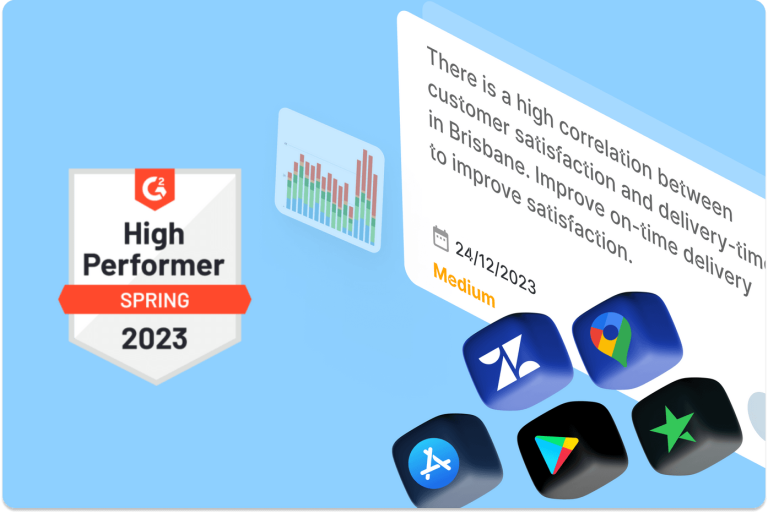In the ever-evolving landscape of customer success, Artificial Intelligence (AI) is proving to be a formidable ally, revolutionizing the way businesses connect with and cater to their customers. Let’s explore some compelling use cases where AI is making a tangible difference, enhancing customer experiences and driving success.
1. Predictive Analytics for Proactive Support
AI’s predictive analytics capabilities enable businesses to anticipate customer needs and potential issues before they arise. By analyzing historical data, AI algorithms can identify patterns and trends, allowing customer success teams to take proactive measures. For example, a subscription-based service can use AI to predict when a customer might be considering cancellation based on usage patterns, enabling the team to intervene with personalized retention strategies.
2. Automated Customer Onboarding
AI-driven automation streamlines customer onboarding processes, making them more efficient and user-friendly. Chatbots, powered by AI, guide customers through the onboarding journey, answering queries and providing assistance 24/7. This not only accelerates the onboarding process but also ensures a seamless and consistent experience for every customer.
3. Sentiment Analysis for Proactive Engagement
AI’s natural language processing capabilities enable businesses to perform sentiment analysis on customer interactions. By analyzing customer feedback, social media mentions, and support tickets, AI can gauge customer sentiment in real-time. For instance, a telecommunications company can use sentiment analysis to identify dissatisfied customers and proactively address their concerns, preventing potential churn.
4. Customer Health Monitoring
AI tools can monitor various metrics to assess the health of customer accounts. For subscription-based services, AI algorithms can analyze usage patterns, engagement metrics, and payment histories to predict the likelihood of churn. This proactive approach allows customer success teams to intervene, offering targeted interventions and personalized incentives to retain at-risk customers.
5. Virtual Customer Assistants
AI-powered virtual assistants enhance customer support by providing instant and accurate responses to queries. These virtual assistants, often in the form of chatbots, handle routine inquiries, freeing up human agents to focus on more complex issues. For instance, a travel company can use a virtual assistant to help customers with booking modifications, itinerary information, or travel recommendations.
6. Customer Journey Optimization
AI analyzes customer journeys across various touchpoints, helping businesses identify areas for improvement. By understanding how customers interact with products and services, businesses can optimize the customer journey for a smoother and more satisfying experience. This leads to increased customer loyalty and higher retention rates.











